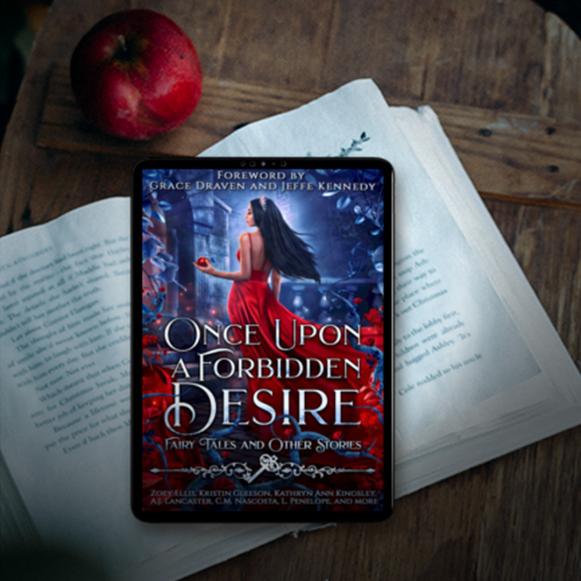Oh. Eeeeee. Hmmm. Because I love you, dear readers, I'll brace for the tarring and feathering that comes from holding a very unpopular opinion about a sticky sitch, a slippery slope, a squicky scene that is not an uncommon occurrence in the publishing industry:
Being a professional editor or agent in the same genre you are an author.
By "professional" I mean that you get paid. It's not that I don't understand leveraging one's skills into additional income streams. On the whole, authors aren't wealthy. We need $$. On the other hand, one job entitles you to finances, information, resources, and opportunities that benefit your other job. Mildly stated, it's an unfair advantage. The practice enables easily exploited circumstances and acts as a gateway to all sorts of ethical breaches. It's akin to government officials trading stocks in industries they regulate or legislate. Conflicts of Interest aren't--by-in-large--illegal, but they are unethical.
I know, I know, I know there are people of good repute who are both authors and editors/agents in the same genre. Some have success in one field more than the other; some are equally unsuccessful or successful in both. Yes, I do know a few of these folks personally and they are lovely people. However, none of that makes the practice any less of a Pandora's Box of ethical issues.
{checks temperate of tar. winces.}















